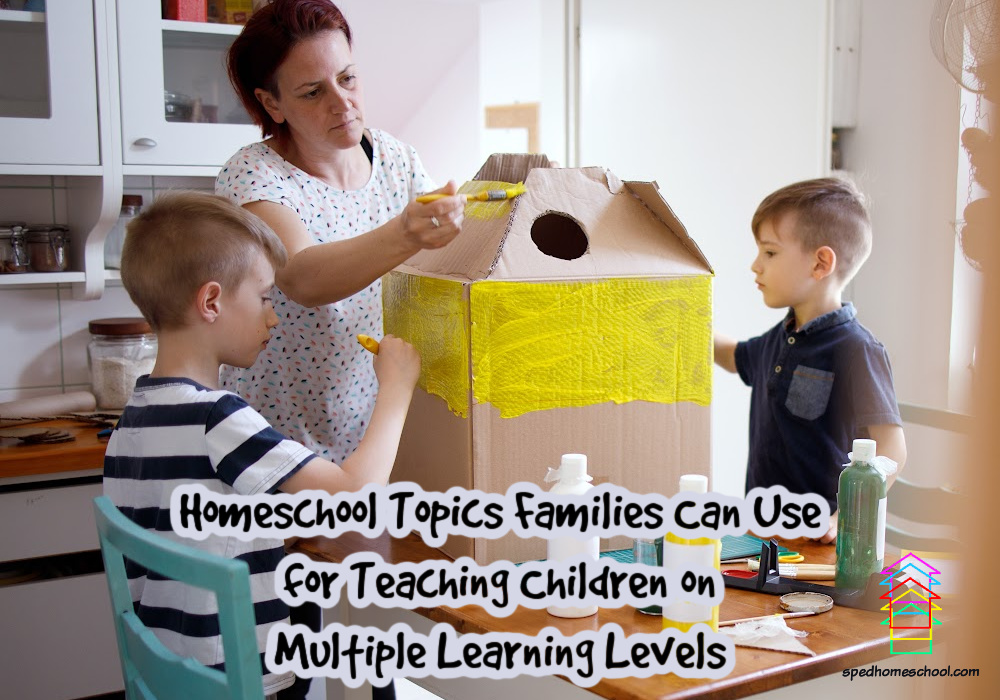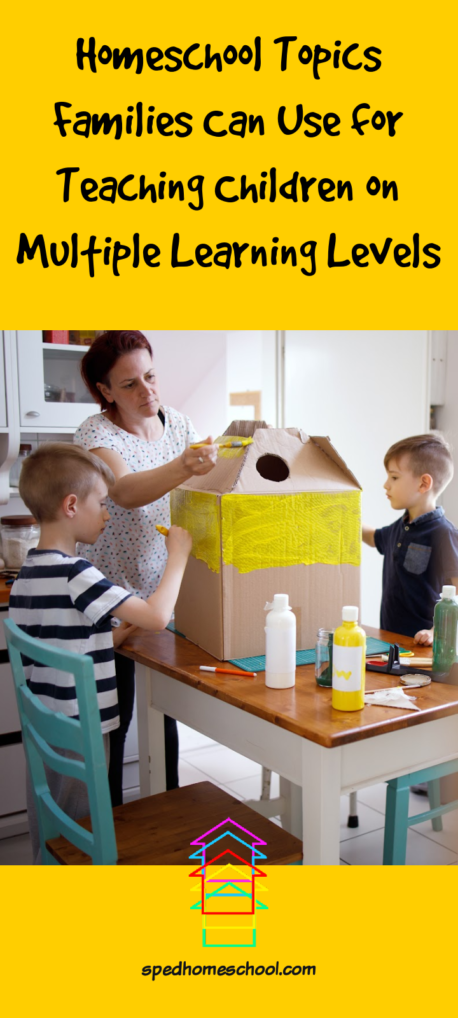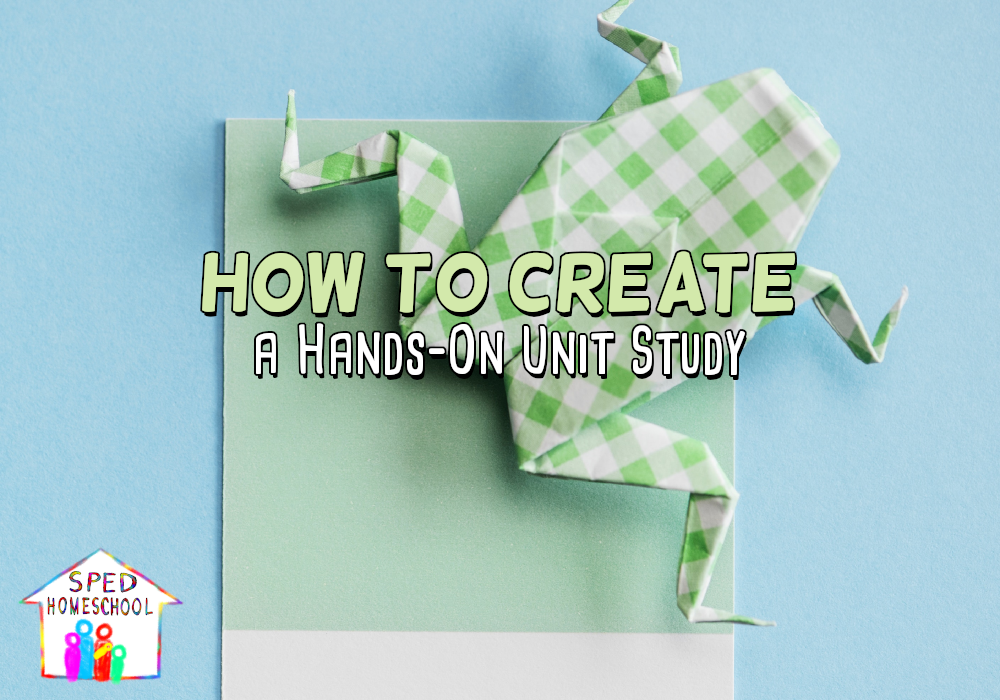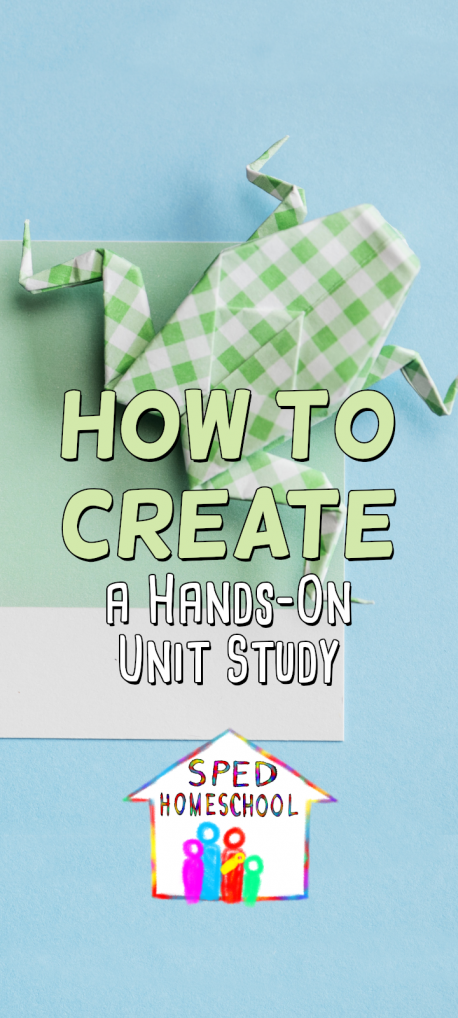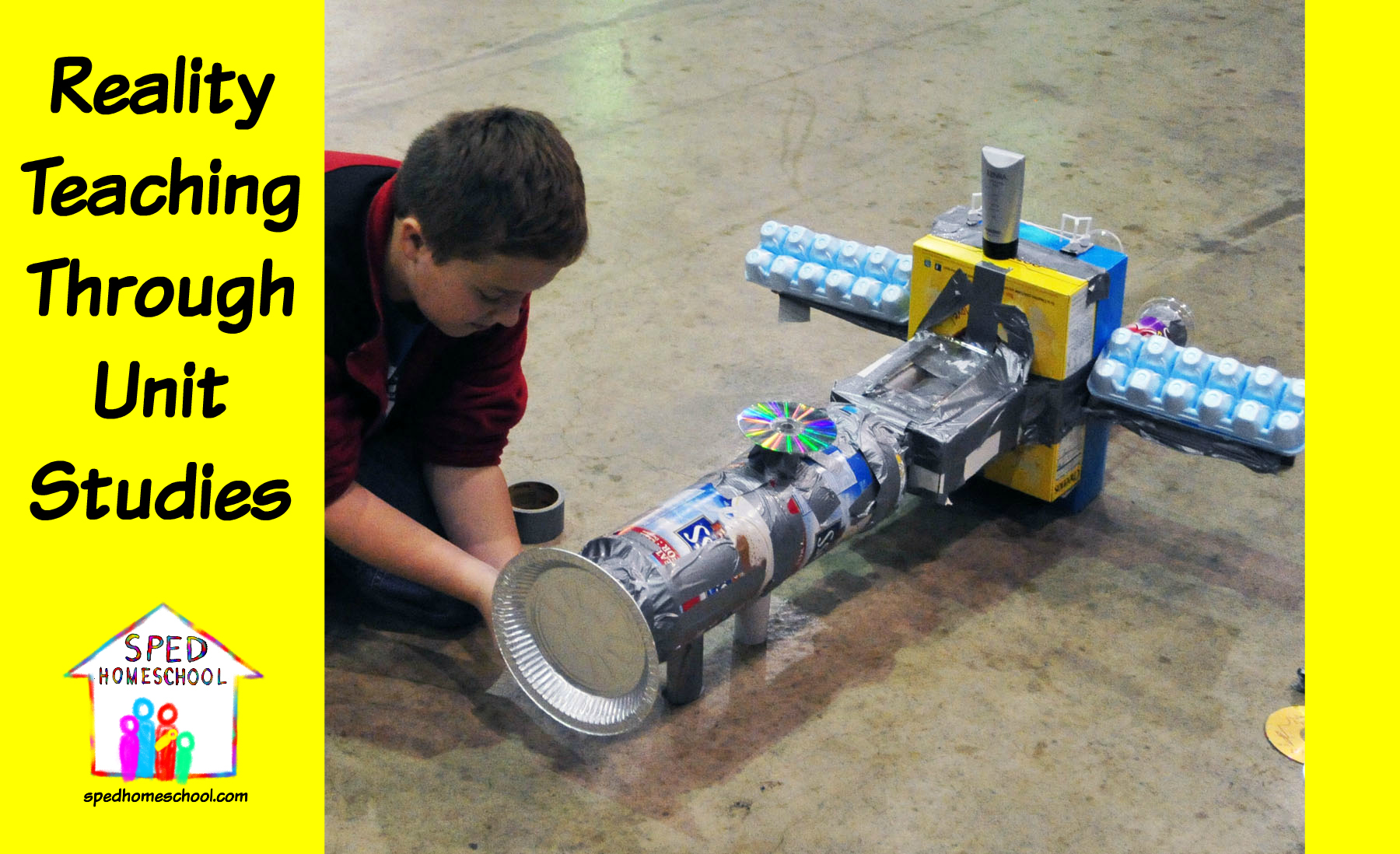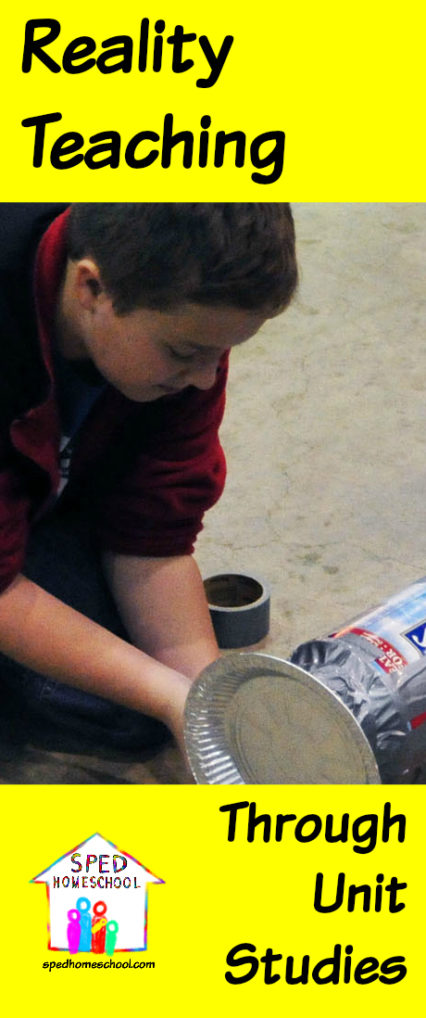
by Vicki Tillman from 7 Sisters Homeschool
Here are three ideas for turning classic Christmas movies into homeschool lessons. After all, ALL of life is education, so why not incorporate some good movies and couch snuggling into your learning this holiday season?
It’s a Wonderful Life Unit Study
This classic movie teaches so much about hope, sacrifice, hard work and life’s true rewards! In this unit study, your homeschoolers can learn history, geography and language arts with meaningful activities. The post also gives some trivia and background information for discussion time with your teens.
It’s a Wonderful Life Unit Study
Muppet’s Christmas Carol Unit Study
Even the Muppet version of Christmas Carol provides lots of meat for a unit study. Teens, especially, can cover literature, writing, history, social sciences, geography and the Bible in this unit study. (This unit study could also be used with the more serious film adaptations of Christmas Carol.)
Muppet’s Christmas Carol Unit Study
White Christmas Unit Study
White Christmas is many people’s favorite Christmas movie of all time, so why not turn it into an educational opportunity? Here is a unit study with history, science, geography, home economics, arts and health! SO many ways to turn a fun movie into a fun unit study!
Vicki is one of the sisters at 7SistersHomeschool.com. They share information and curriculum that is adaptable for homeschoolers of varying interests and abilities. She also shares encouragement for homeschooling parents on the Homeschool Highschool Podcast.
Find and connect with 7 Sisters Homeschool on their Facebook group, Instagram, and Pinterest





